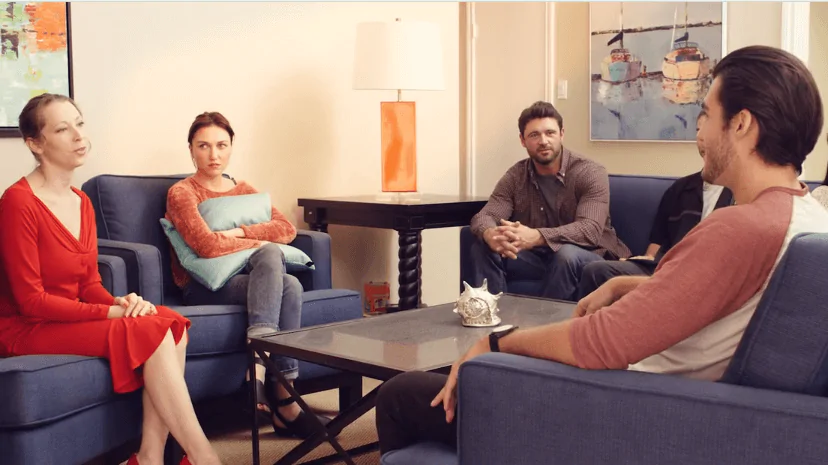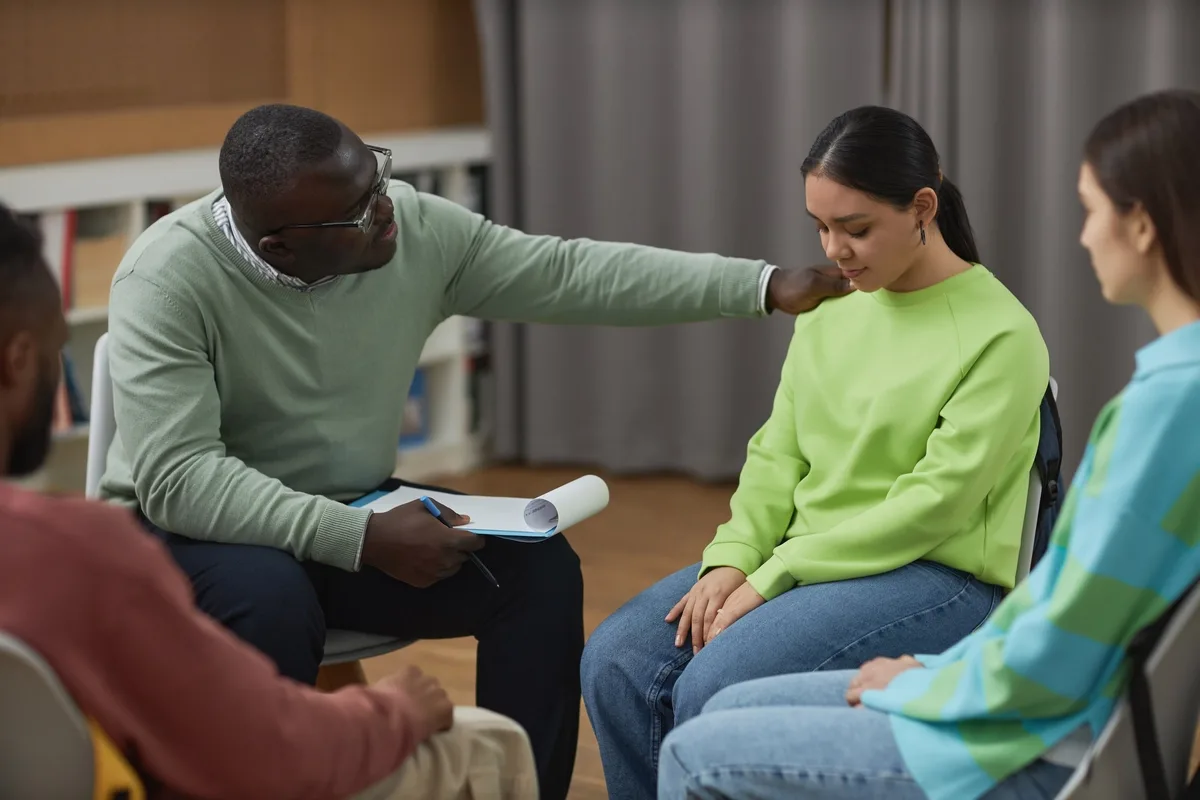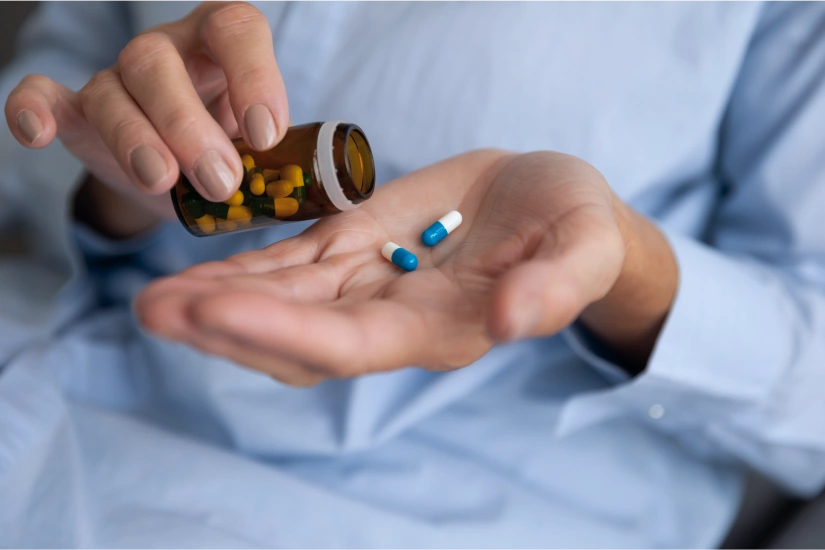24/7 Helpline:
(866) 899-221924/7 Helpline:
(866) 899-2219
Learn more about Substance Abuse Treatment centers in Goodhue County

Other Insurance Options

United Health Care

BHS | Behavioral Health Systems

Coventry Health Care

Ambetter

Cigna

Sliding scale payment assistance

Aetna

Kaiser Permanente

Humana

Access to Recovery (ATR) Voucher

Multiplan

Amerigroup

Health Net

EmblemHealth

Magellan Health

Covered California

Molina Healthcare

PHCS Network

Health Partners

Regence





































































Wenden Recovery Services
Wenden Recovery Services is a private rehab located in Red Wing, Minnesota. Wenden Recovery Services...

Common Ground Treatment
Common Ground Treatment is a private rehab located in Red Wing, Minnesota. Common Ground Treatment s...

Southern Highlands CMHC
Southern Highlands CMHC is a private rehab located in Welch, West Virginia. Southern Highlands CMHC ...

Southern Highlands Community Mental Health Center
Southern Highlands Community Mental Health Center offers regular physician's services, OBMAT, DUI cl...


















































